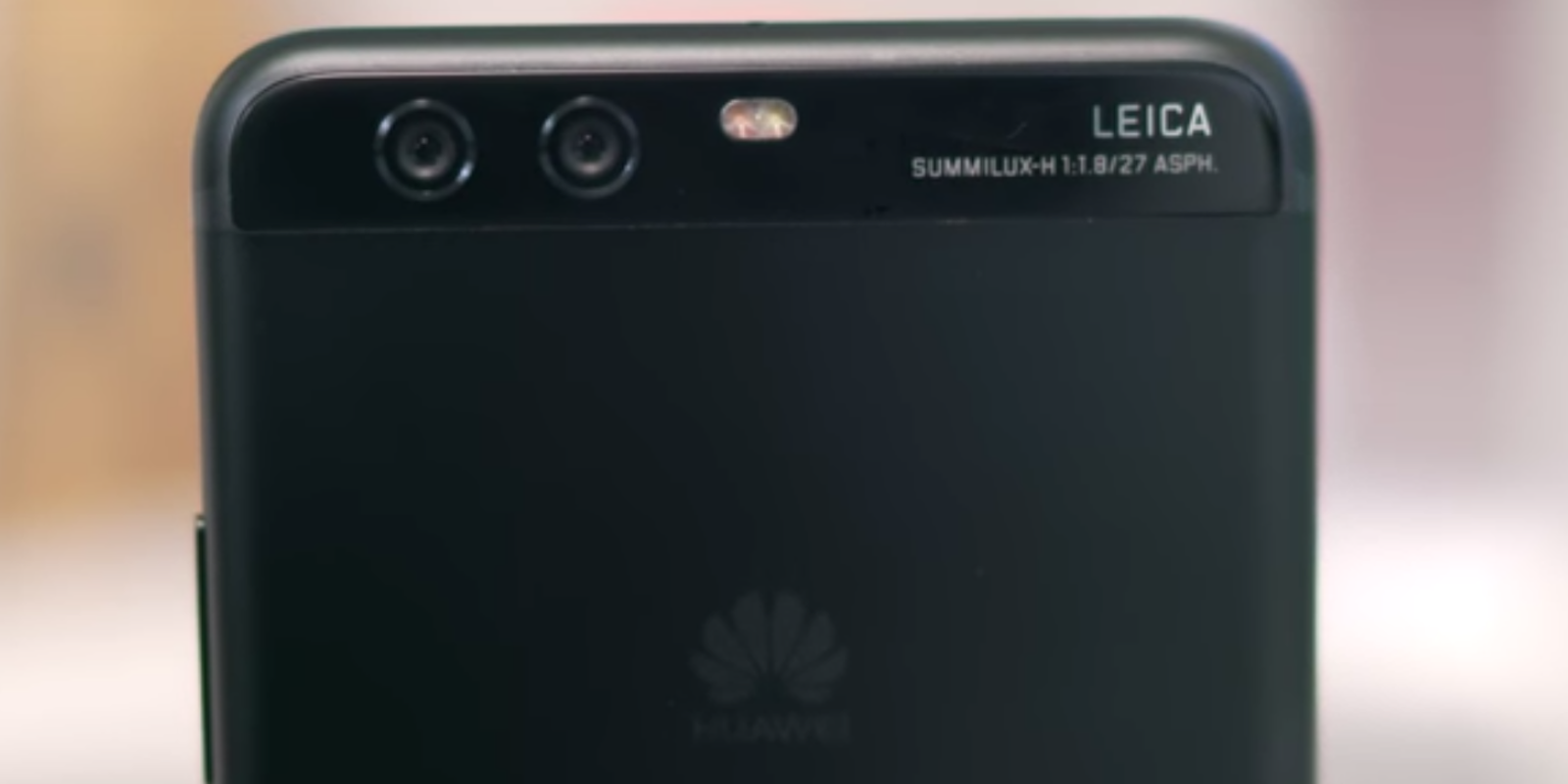Apple is no longer the second largest smartphone brand in the world, but the company that finally unseated the mobile giant isn’t necessarily what you’d expect.
Was it LG with its new, well-received G6? Nope. How about HTC, whose U11 is touted for having the best camera out there? Sorry, incorrect. So then it must be Google, whose first attempt at a smartphone made the iPhone 7 look a generation behind. Also wrong.
Huawei, a Chinese company whose phones were not long ago dismissed as “iPhone clones,” reportedly surpassed Apple’s global smartphone sales figure for the first time in June and July, according to consulting firm Counterpoint Research. The company credits Huawei’s investment in R&D and manufacturing along with its aggressive marketing for putting it in second only behind mobile powerhouse Samsung.
The Chinese giant will want to cherish the moment as long as it can, since Apple is just days away from ramping up sales with the launch of the rumored iPhone 8 and 7S/7S Plus models. Still, overtaking Apple’s smartphone sales for any period of time, especially with little help from the North American market, cements Huawei’s place among the world’s top smartphone manufacturers. Huawei dominates sales in its home country of China, but its phones are also popular in Europe, Latin America, and the Middle East.
Unlike Apple, Huawei offers a range of smartphones, from the value-packed Honor 6X to the flagship P10 Plus. Top features typically include a large display and dual-lens camera. Strangely, not a single Huawei device made it to Counterpoint Research’s top 10 phones sold in July 2017. The iPhone 7 and 7 Plus topped the list, while Oppo—another Chinese brand—stole third and fourth from the Galaxy S8 and S8 Plus, which reached fifth and seventh, respectively.
H/T the Verge


